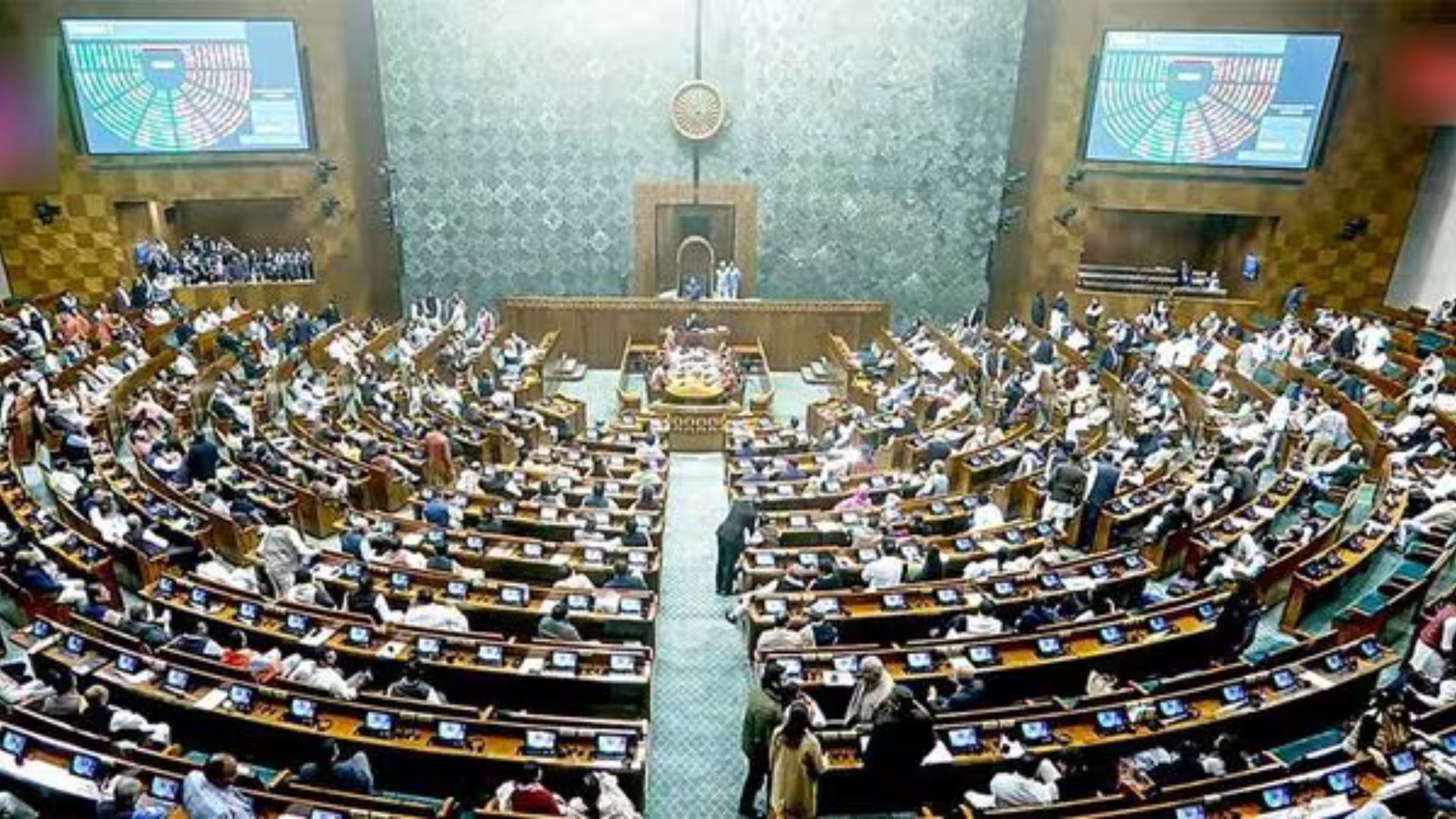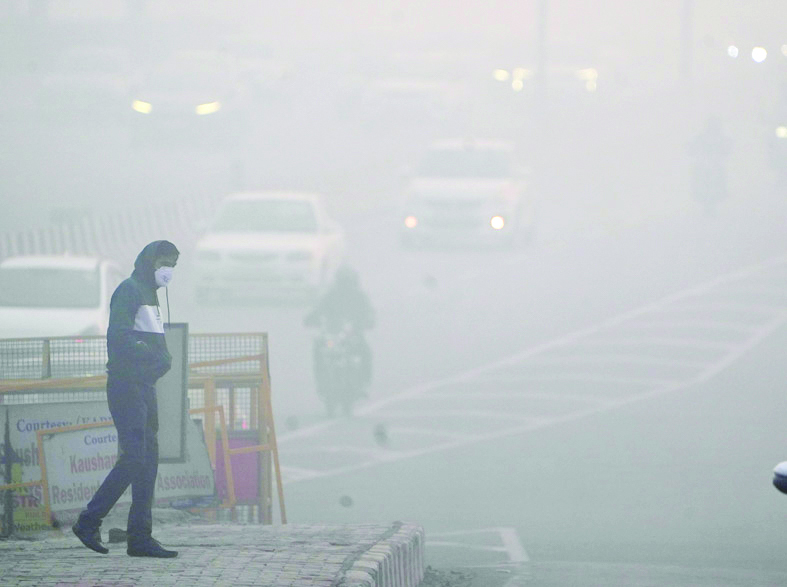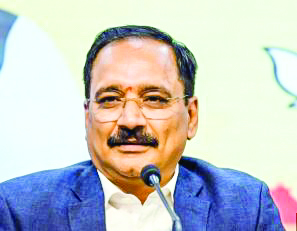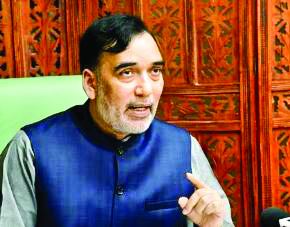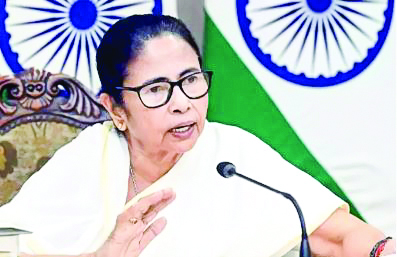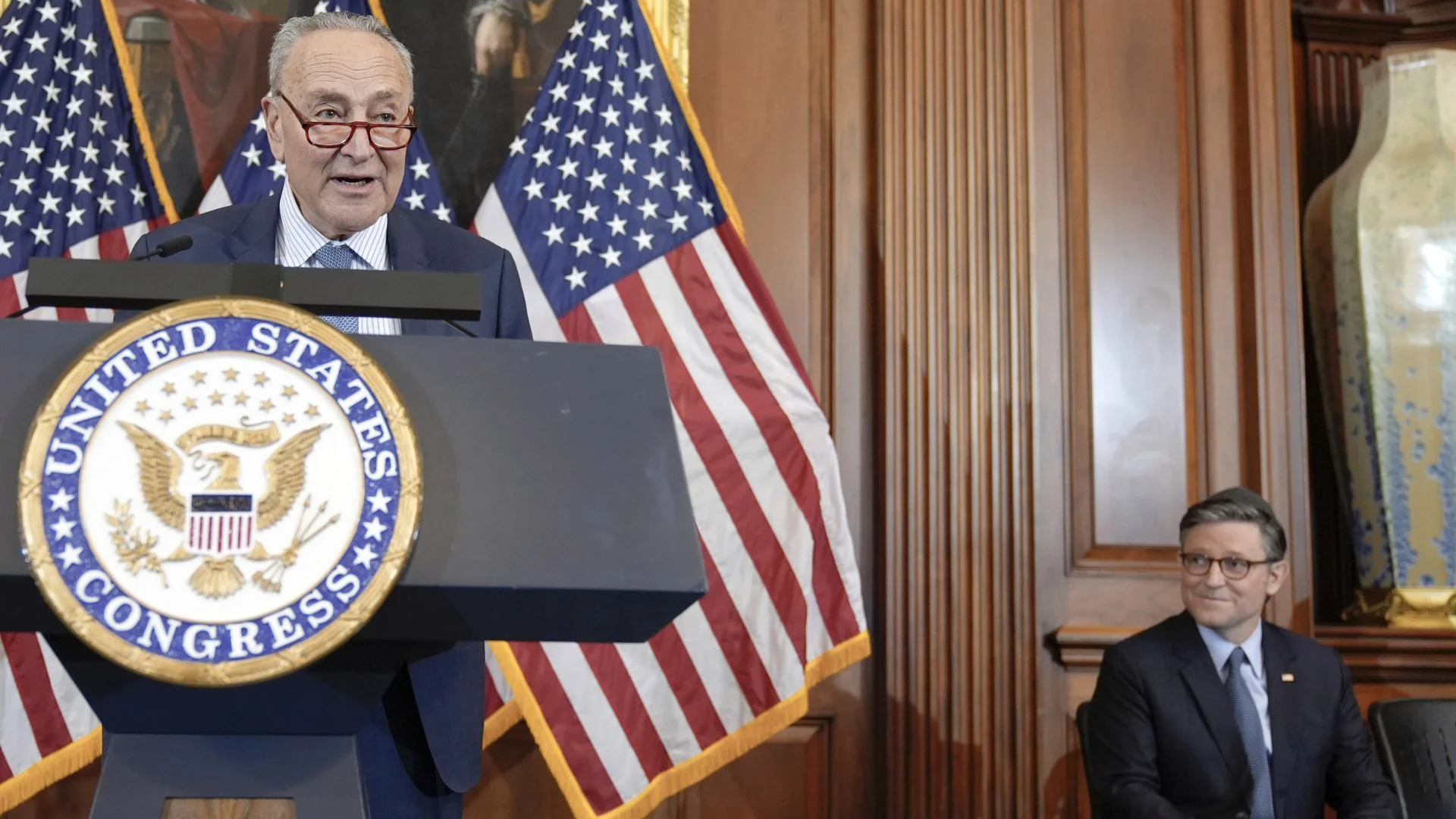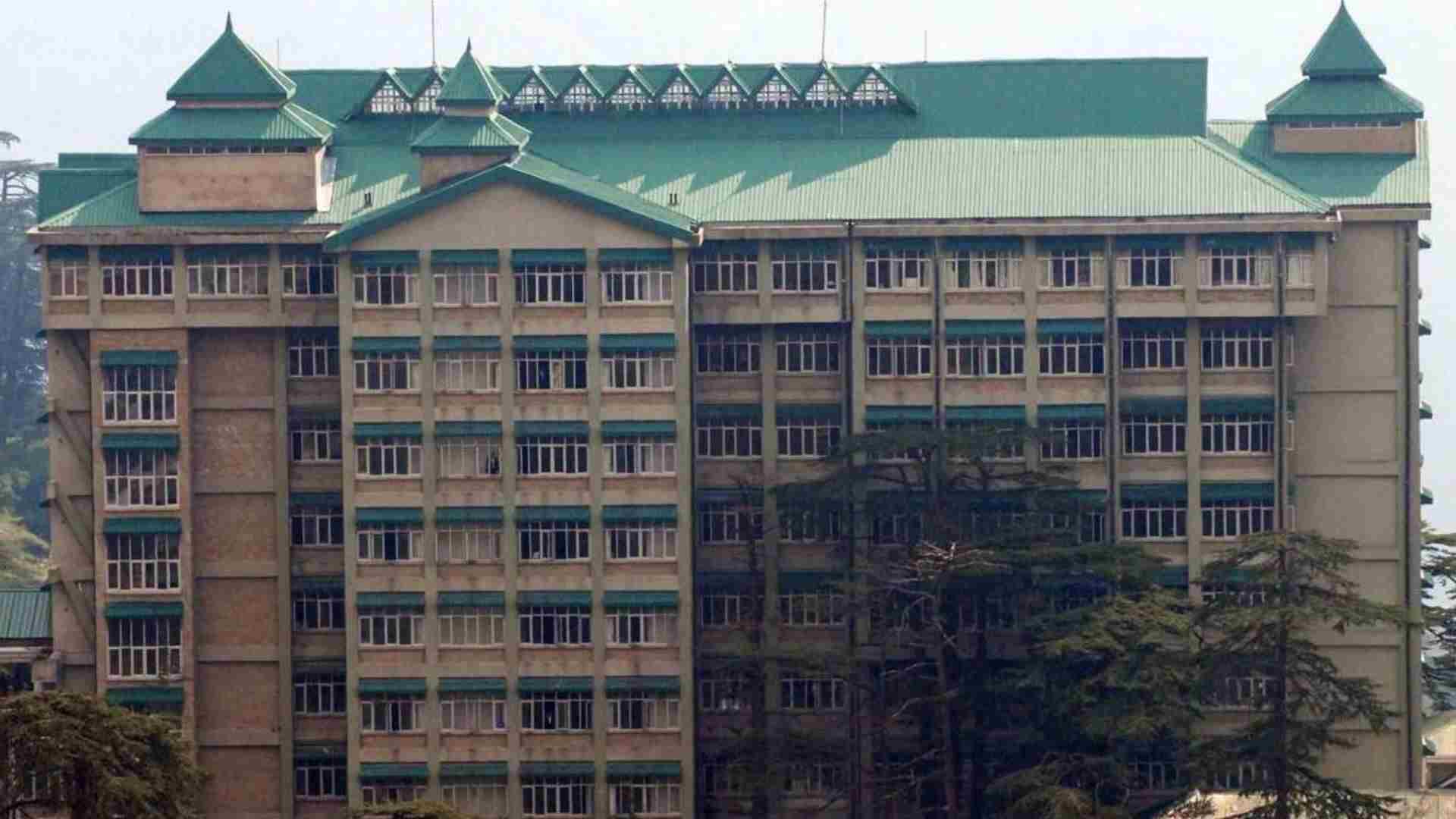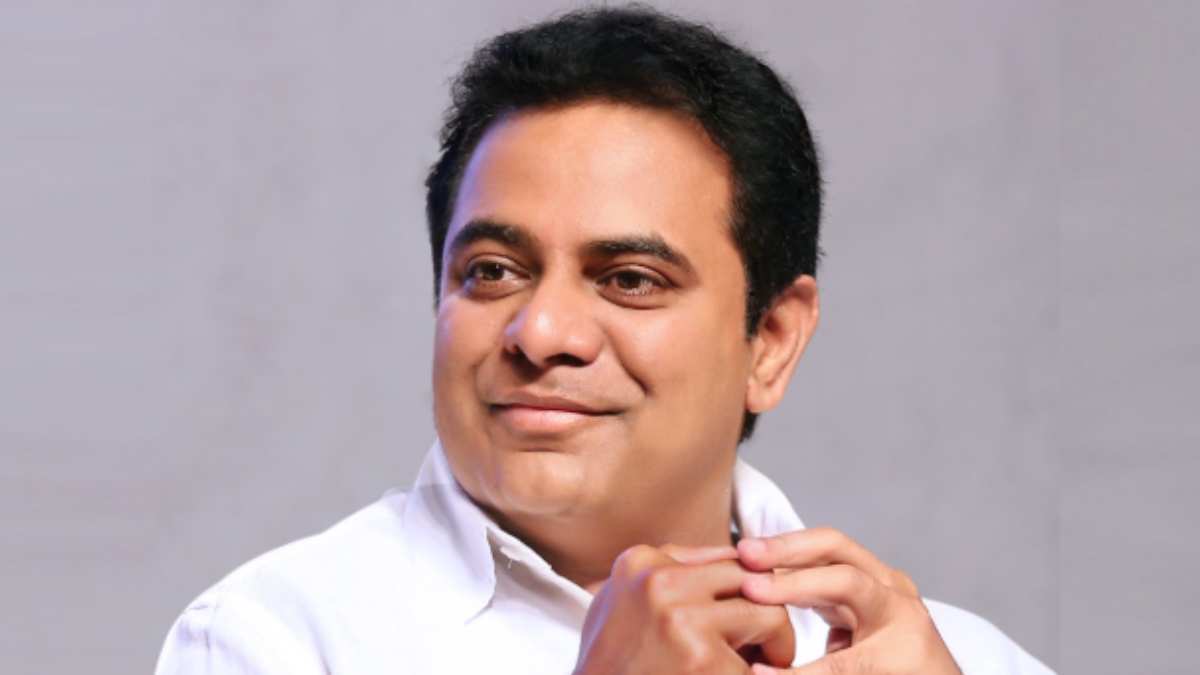
India needs to think on scale in health care and life sciences industry so that it becomes competitive and not import dependent, said KT Rama Rao, Minister for Municipal Administration and Urban Development, Government of Telangana. He addressed special digital session on rebuilding on rebooting Telengana’s economy post COVID-19, organized by Federation of Indian Chambers of Commerce and Industry (FICCI)
“We to think of scale, we need to think about mega industrial parks. The world’s largest pharma cluster in the form of Hyderabad Pharma City will be coming up in Telangana in the next few months. This will reduce dependence on any other market across the world,” Rao said
In order to attract investments, create employment, and to make it conducive for businesses to thrive in our state, Telangana state government is not only focusing on ease of doing business but also on reducing the cost of doing business and also improving the quality of doing business.

Using this crisis as an opportunity, Rao said that the state government will start focusing on the investments which are looking to move away from China and other large manufacturing countries. “Telangana is open for business and we are looking for investments in high employment generating sectors like textiles, electronics, life sciences, IT, and we will continue our endeavour to bring more investments,” he added.
Rao said that the state government has been focusing on these steps and engaging with industry and all stakeholders at multiple levels. Highlighting the steps taken by the state government to reduce the impact of COVID-19, Rao said that the state government has been following the World Health Organisation and Indian Council of Medical Research (ICMR) guidelines diligently.
“COVID-19 has been a challenge for governments across the world. In a developing nation like India, we will have to ensure that lives and livelihoods are balanced. At the same time, the country by and large cannot afford to shut out economic activities completely,” he said.
Enumerating the steps taken in the short term to support the MSMEs, Rao said that a lot needs to be done in the medium and long term. “We need to also ensure that our MSME industry receives the much-needed support. We have to make efforts to increase consumption, increase demand, invest more in infrastructure projects, attract more investments and create employment,” he said.
Dr Sangita Reddy, President, FICCI said, “Telangana is among the few states which opened agriculture and industrial activity with requisite standard procedures. It also has a strong industrial base with many inbuilt drivers for fast and sustainable growth.”
Reddy further added that while COVID-19 has significantly impacted the world, it does also offer us many opportunities. “India is a stable and large market with liberalized economy. It has an attractive policy regime and implementation of these have been very proactive,” added Dr Reddy.
Speaking on the issue of COVID-19 Dr Reddy, who serves as the Joint Managing Director of Apollo hospitals enterprises said that FICCI had come out with a whitepaper on management of COVID 19 testing post the lockdown.
The whitepaper, a copy of which is with this writer says that, during the lockdown, diagnosis was the key focus hence molecular testing formed the backbone; however, India now requires large scale testing to identify the extent of infection and immunity to inform containment strategy as well as assess the safety of returning to work.
No diagnostic test is perfect for all uses and there are trade-offs that exist on the basis speed, accuracy, sample type and availability and cost. each platform offers its distinct advantages for example rapid antibody & POCS tests can be easily used rural areas). Lab based immunoassays can be used as a force multiplier in sero surveillance for example, Chemiluminescence immunoassays, Enzyme Linked Fluorescence Assay, Enzymelinked immunosorbent assay). The choices we make in deploying specific diagnostics can inform both treatment and the allocation of vital but limited resources and inspire confidence, the report says
Immunodiagnostic tests can provide information on both current and prior infection (i.e., prevalence of infection and immunity especially for asymptomatic population) and also offer ease of sampling and scalability. High sensitivity & specificity is a compelling need for Ab tests and lab based Immunodiagnostic/ Serology tests e.g., CLIA, ELFA, ELISA) can offer high accuracy & reliability, the report says.
The report reveals that lab based serology tests also offer a significant economic cost advantage. The analyzers for testing are available across small – to large-sized laboratories, even in small town, and are capable of producing thousands of tests reports a day, in a time frame of ten minutes to sixty minutes, with minimal human intervention due to high automation leading to faster and reliable results from the time of sample collection to delivery of reports.
“The whitepaper is an effort in this direction, giving us some keen insights into seroprevalence studies with diagnostic testing, and how they impact COVID-19 management investments and plans of the future,” Reddy said
Mr Narendra Varde, general manager and country head at Abbott’s diagnostics business in India said, “Abbott recognizes that large scale antibody testing is critical to understanding and addressing the COVID-19 pandemic. Lab-based serologytest’ s high performance and relevant data can help uncover new insights, including prevalence at local, state or countrywide levels. We welcome ICMR’s recommendation of IgG testing to measure COVID exposure in the population including asymptomatic individuals. Our recently launched Abbott SARSCoV-2 test has demonstrated specificity and sensitivity to detect IgG antibodies of greater than 99 percent, and we want to do our part in providing hospitals and reference labs around the country with access to reliable testing.”
